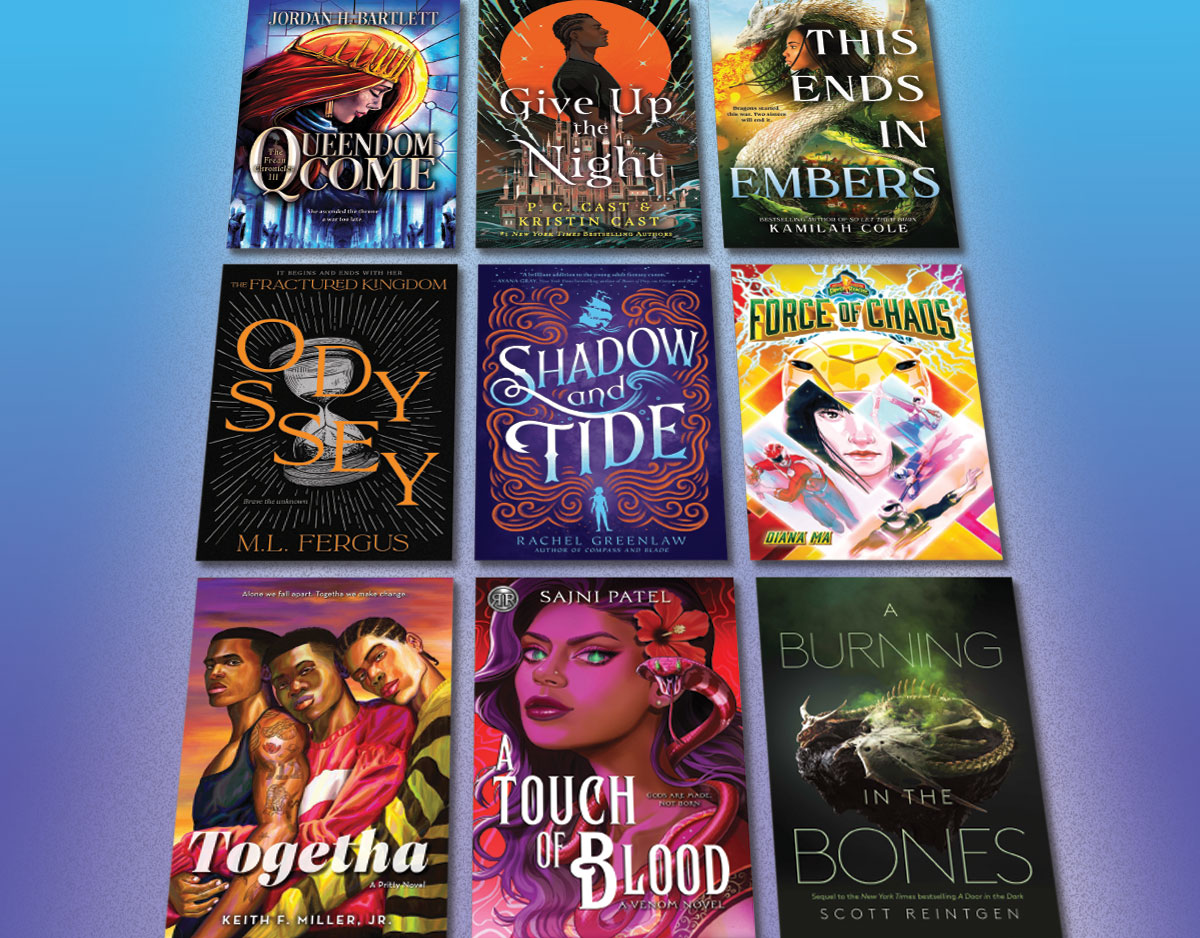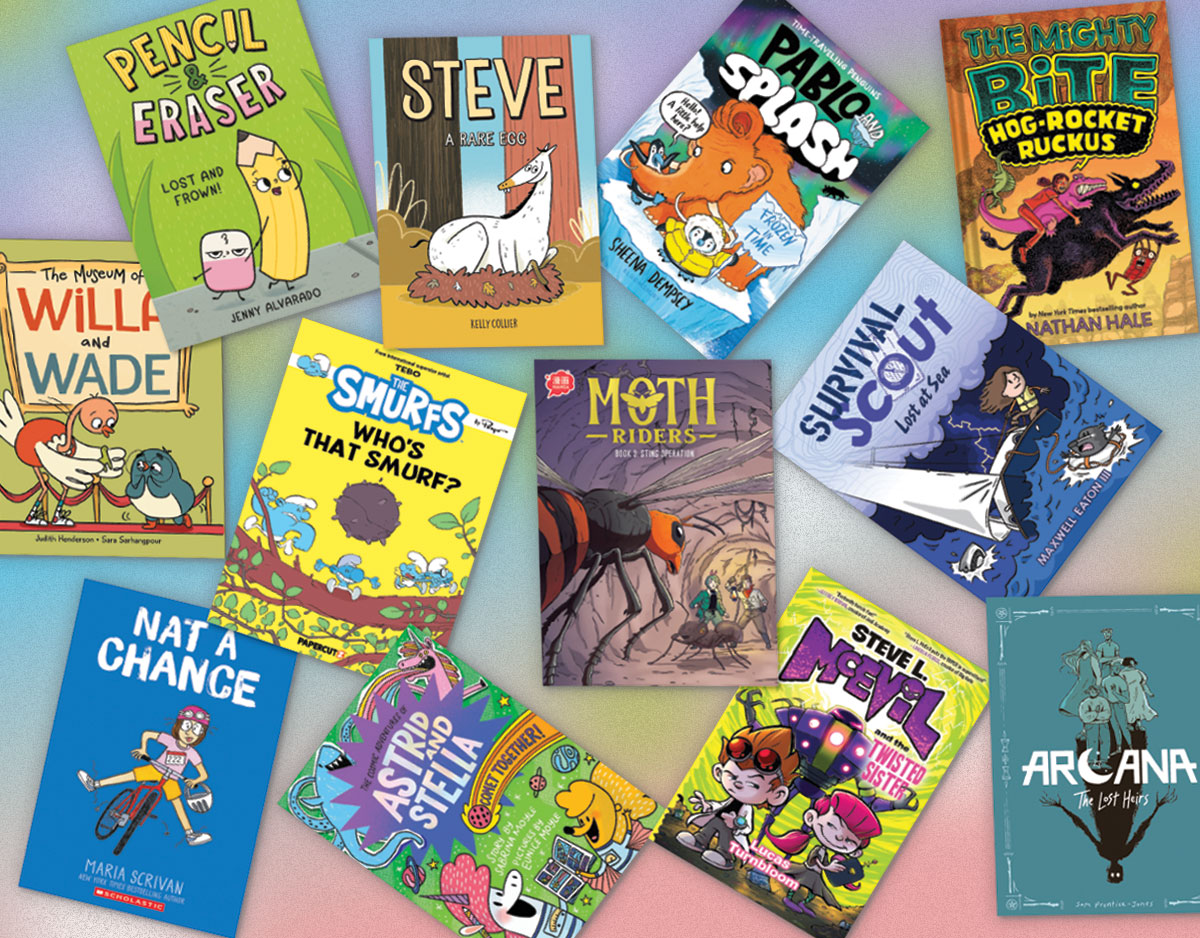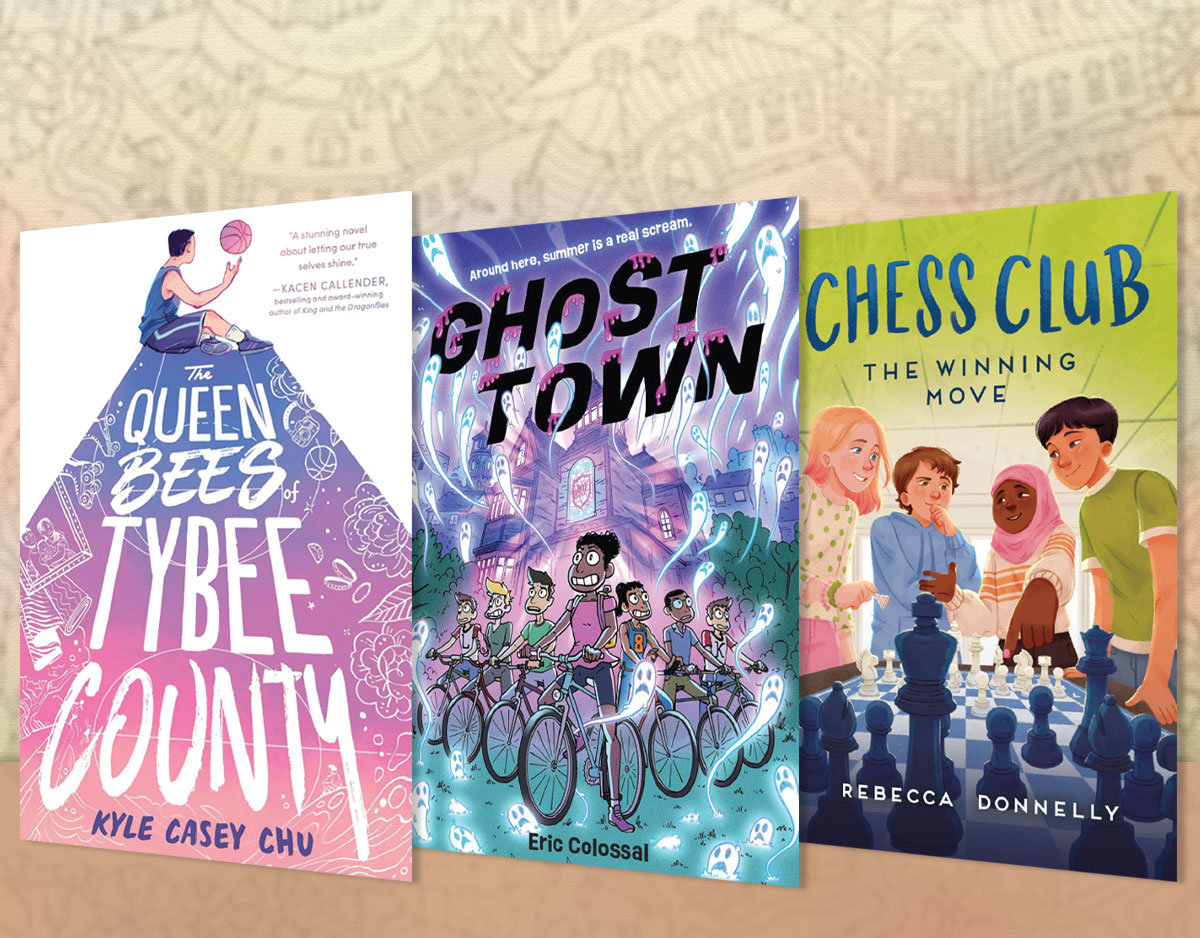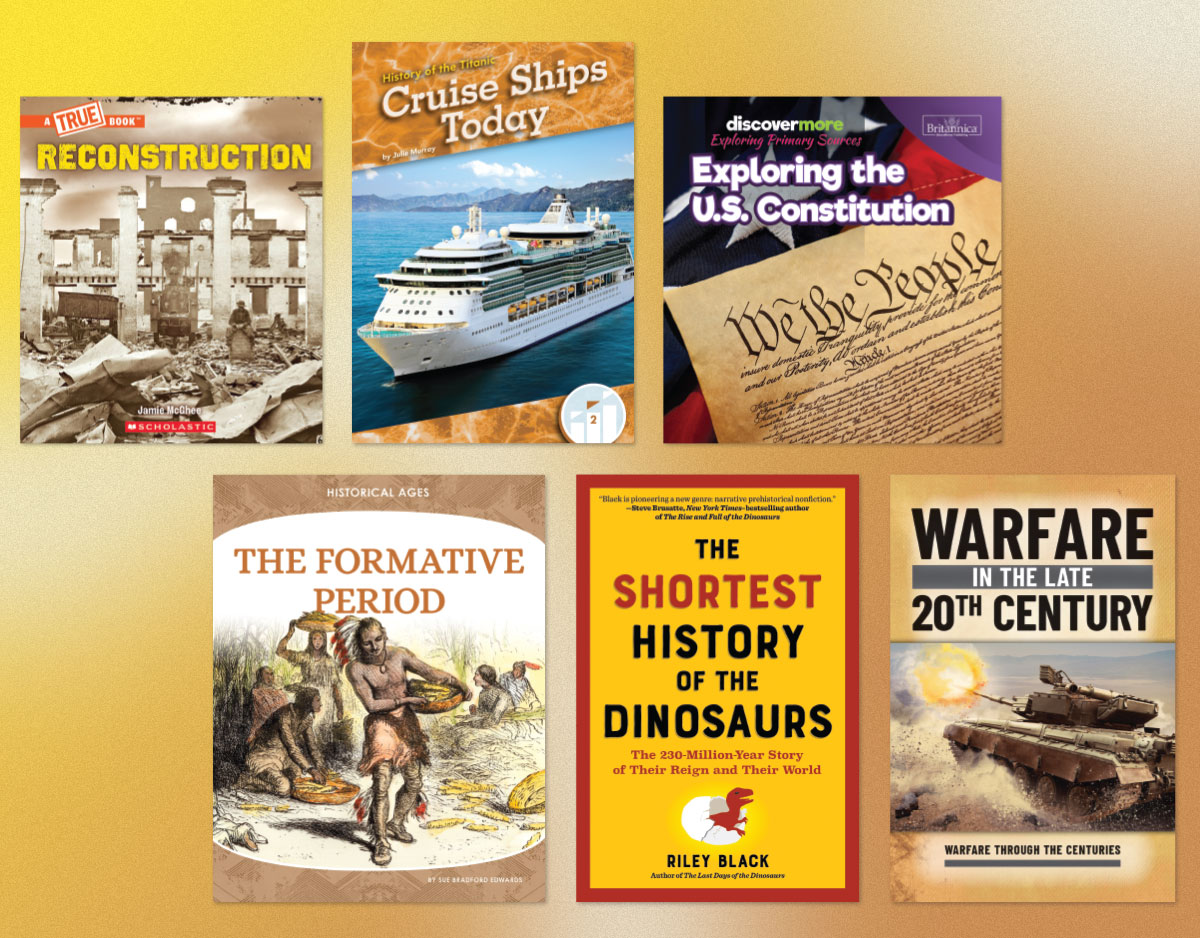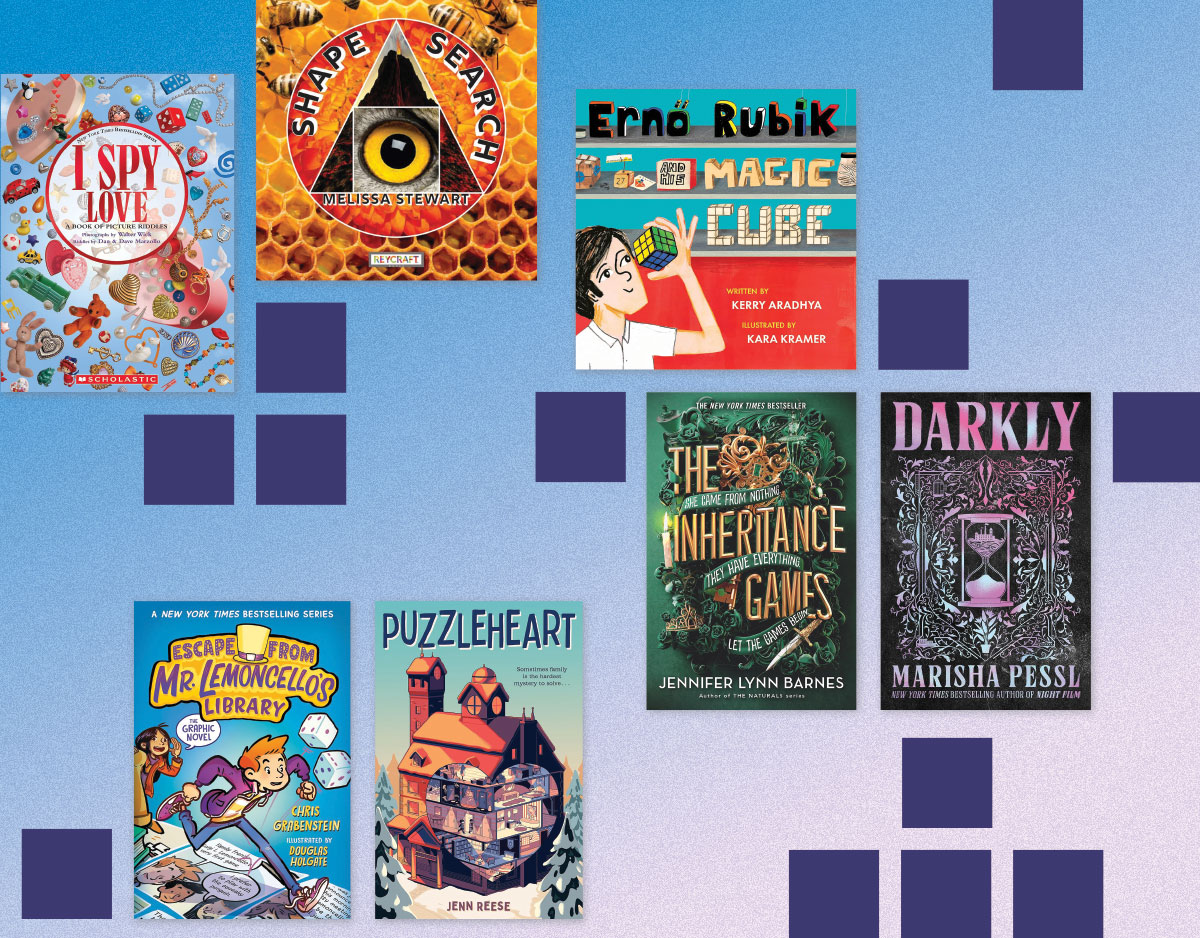Setting and Specificity: We Will Meet You There, a guest post by Polly Farquhar
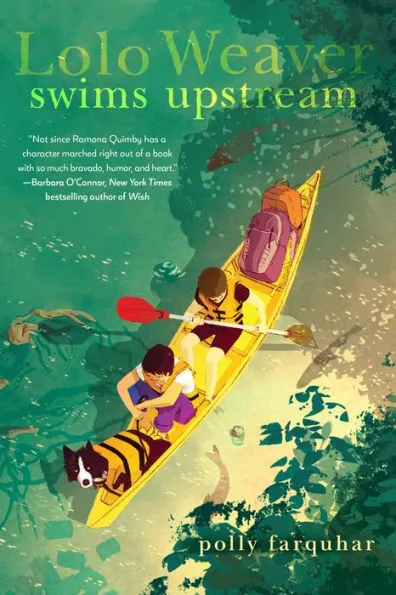
I grew up in a small upstate New York town in the northern-most reaches of Appalachia, hills and villages and dairy cows between my small town, the county seat, and anything else. Anything else, in any direction, was at least an hour’s drive away. (Anything else being things like a city someone might have heard of, a highway, or a mall.) It was a wonderful place to live and grow up, but all the same (and perhaps unfairly), to me it felt like a place to grow out of. I’d always thought of myself as a writer, and I wondered if my small town, its people, and my experience of living there was what I should be writing about. Were the frosty hills worth writing about? The way shotgun blasts from deer hunters echoed across the hills and through the town in hunting season? The old houses? The smell of the farms? Woodsmoke? Most of the so-called big and important books I read as an aspiring author weren’t about any of those things. Should I be writing about Paris? New York City? Did where I live matter? Was I allowed to write about it, if I was a “real” writer? If I did, would it count?
Barbara Kingsolver says in a January 6, 2023 story in the Financial Times: “’If a novel takes place between eight square blocks of Manhattan, it’s universal,’” she says, mystified. “’And if it happens in Kentucky, it’s regional.’”
ADVERTISEMENT
ADVERTISEMENT
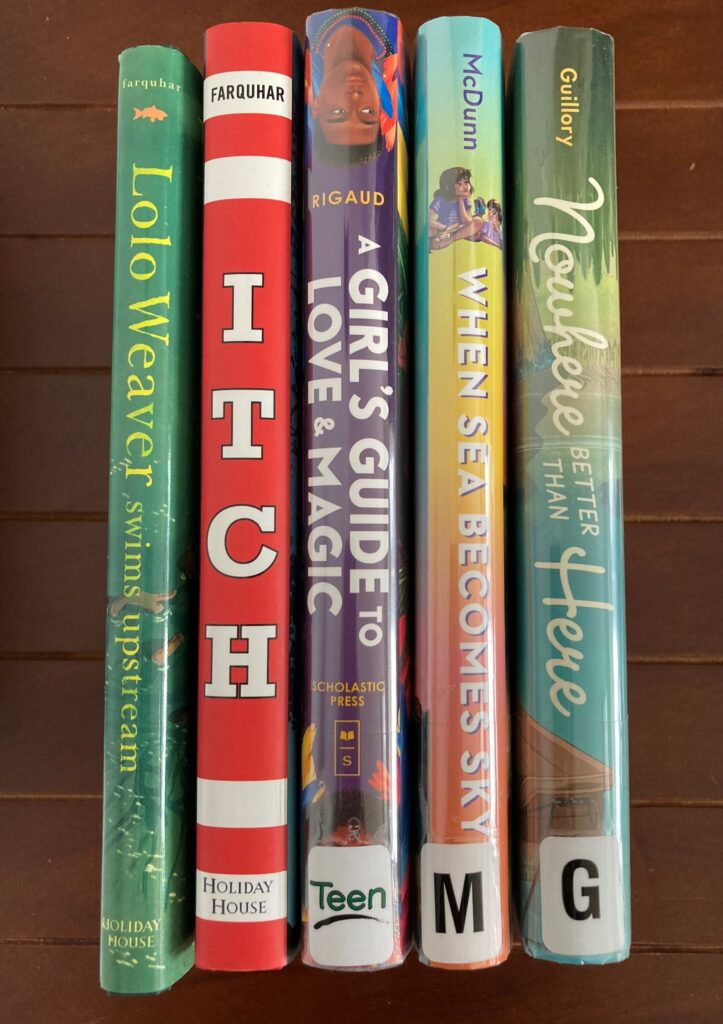
The idea of what is universal has been on my mind a lot. Too often the term is misused as a cudgel to keep the status quo; it’s a get-out-of-jail-free card for the same stories told by the same people set in the same places. It is lazy rhetoric. Too often universal means You must get over here rather than We will meet you there.
But back to the specifics.
My small town high school had a wonderful librarian, Judy Busch, who took me as seriously as a writer as I took myself and always helped me navigate my reading choices with some of my high school English teachers. (I once had to get her permission in order to do a book report on my independent choice of E.L. Doctorow’s The Book Of Daniel when the assigning teacher told me that “No good books were written after 1970.” But even he knew Mrs. Busch’s answer was the one that mattered.) Mrs. Busch was married to the writer Frederick Busch, who taught at a nearby university (only about half an hour away, since it was also nearly an hour away from anything), and through her I met him. He showed me (and other local students) kindness and consideration—he read my writing, wrote me letters of recommendation, met with groups of students to discuss his books, and he opened parts of his Living Writers college course for high schoolers who could sometimes trek over. (Before anyone in the group of students was old enough to drive, a social studies teacher who lived near the university sometimes drove us over, and my mother—who drove a hulking station wagon that beeped while in reverse—came to pick us up and drive us home.)
But perhaps the most meaningful thing to me about Frederick Busch was that he lived where I lived and he wrote about the place where he (I) lived. He wrote about my town, the towns and villages around me, sometimes naming the very street names. He read the same stories I did in the local newspapers and wrote about them. He once even described the very peculiar smell of the local bank’s lobby that I’d noticed on my own. (To me it smelled vaguely of cheese; I believed he described it as the smell of manure and the desperation of family dairy farmers having their loan applications denied.)
The idea that I could write about—and name—the very place where I lived was mind blowing. It changed everything. I got specific. Not just to the place, but about who I was, my voice, the way I told stories, the details I allowed in my work, the emotions I dived in to.
Though I no longer live in the town where I grew up, my interest—obsession—with setting continues. I want it to be a part of the story, not just an address. My first middle grade novel, Itch, takes place in northwest Ohio, whose landscape captivated me when I first headed in that direction after living in central and eastern Ohio for nearly a decade. Flat land, open skies, fields of corn and soy beans, a wind that steals the air from you before you can breathe it, long and straight roads laid out in grids, a landscape of farming and foundries and factories. Itch’s fictional town’s location is triangulated through the mention of a few cities and state lines, but its landscape—and the events of the story its setting evokes—is real. My second middle grade book, Lolo Weaver Swims Upstream, takes place at the fictional Sycamore Lake. While I don’t name real place names or reveal its location on a map (though there are clues for those who recognize them), the town and its manmade and drained lake are based on the real events and condition of a place just down the road from where I live. Additionally, the fictional Sycamore Lake’s environmental issues are also those plaguing other Ohio waters.
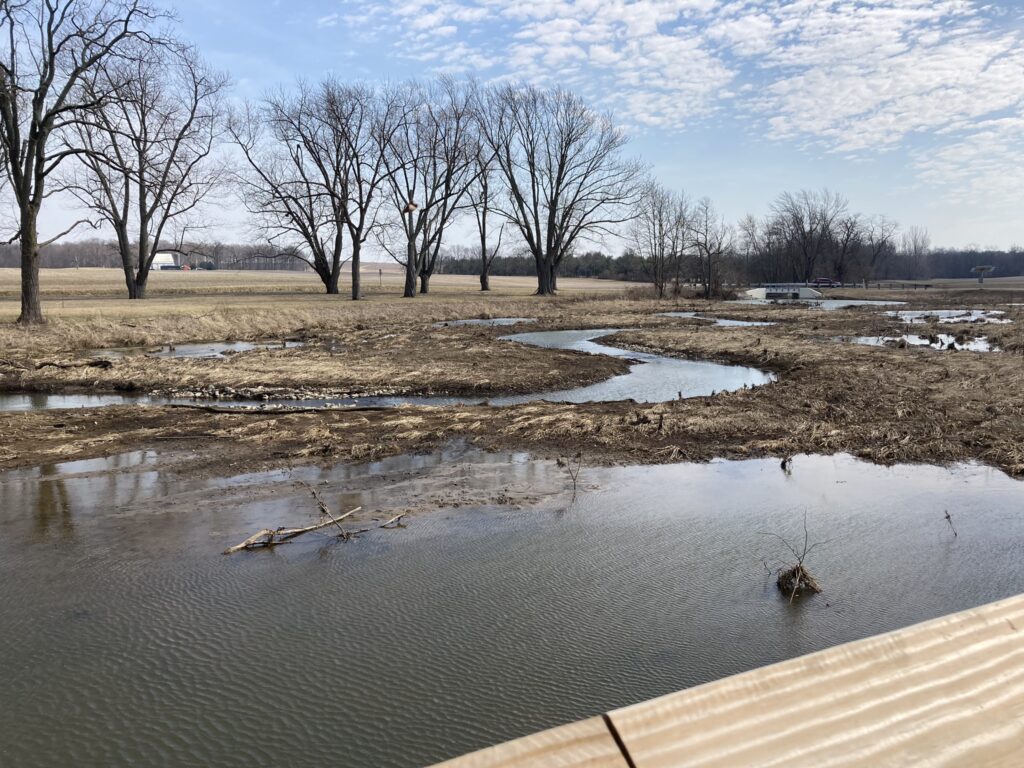
Of the specific and the universal, Jacqueline Woodson said in a November 26, 2014 interview with Parade: “The more specific we are, the more universal something can become. Life is in the details. If you generalize, it doesn’t resonate. The specificity of it is what resonates.”
Maybe I would have figured this out eventually, but reading the works of Frederick Busch as a young writer showed me the way.
P.S. Both Mr. And Mrs. Busch passed away much too soon and long before I had published my first book. It had been a dream of mine to send them a copy of my debut or drop them a line with the news. And let the record show that wonderful doesn’t even begin to get the job done when describing Mrs. Busch.
Meet the author
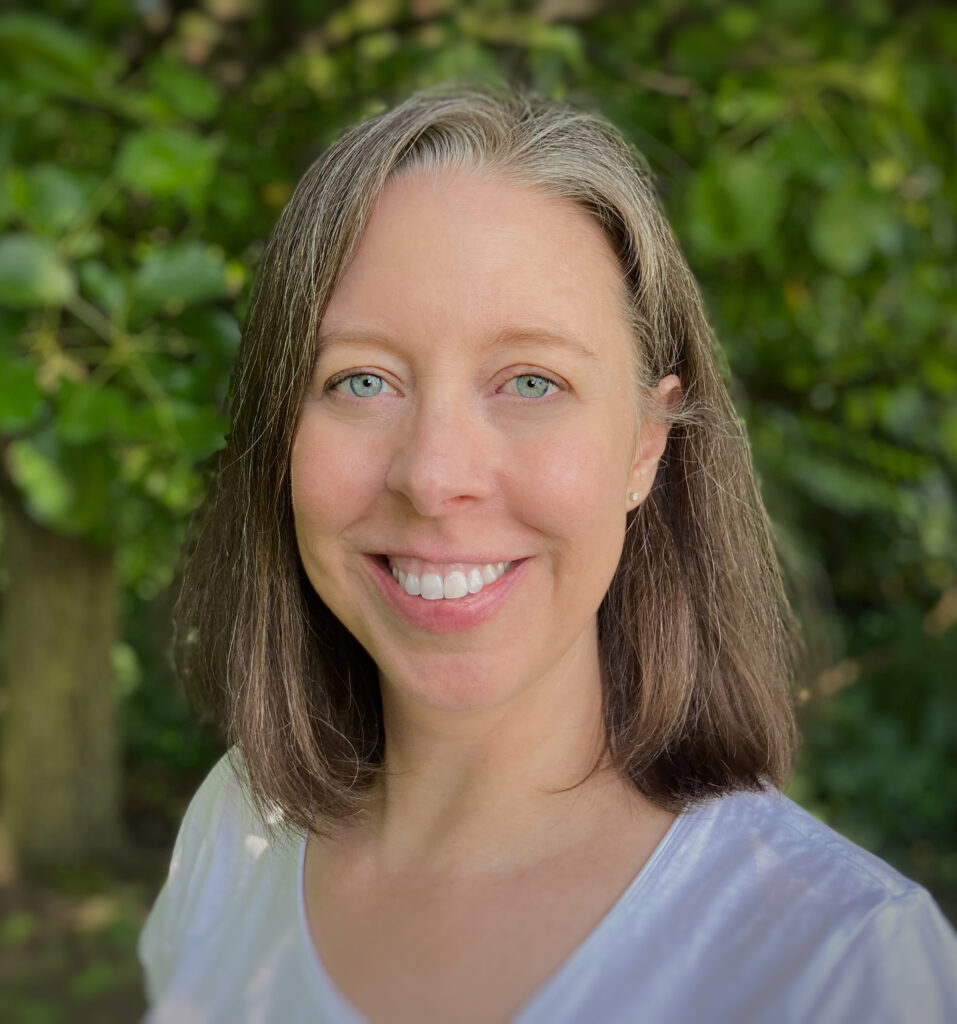
Polly Farquhar grew up in a small town in upstate New York, graduated from the University at Albany, and then moved to Ohio, earning her MFA in Creative Writing from the Ohio State University. Some of her stories for grown-ups have been published in literary magazines, but she knew she should be writing books for kids one night when she read her children Owl Moon by Jane Yolen. She is the author of Itch and Lolo Weaver Swims Upstream. She lives in the Columbus, Ohio, area with her family.
Social media: Website: www.pollyfarquharauthor.com
Twitter: @PFKreader
About Lolo Weaver Swims Upstream
“Not since Ramona Quimby has a character marched right out of a book with so much bravado, humor, and heart.”—Barbara O’Connor, New York Times bestselling author of Wish
A headstrong girl’s quest to steal back her family’s dog goes awry in this humorous and compassionate novel.
ADVERTISEMENT
ADVERTISEMENT
Lolo is stuck in summer school with a teacher who is out to get her while her family is still reeling from her grandfather’s death. Even his dog is mourning, howling outside all night and every night. Finally, lovable old Hank is sent to a farm across the lake that takes foster dogs.
And it’s all Lolo’s fault.
Lolo knows she has to get Hank back. In a tippy canoe, Lolo crosses the almost-dried-out lake to steal her dog back. But she runs into Noah, a student in her summer school class and Hank’s new owner—and he loves Hank as much as she does.
As Lolo’s plan unravels and her uneasy alliance with Noah grows into a friendship, the question of what’s best for Hank becomes muddier. Can Lolo manage to do the right thing—for once?
Itch author Polly Farquhar returns to Ohio with a tale of a big-hearted girl searching for answers to tough questions in all the wrong places. Fans of Gary Schmidt will love Farquhar’s blend of honesty, humor, and heart.
A Junior Library Guild Gold Standard Selection
ISBN-13: 9780823452095
Publisher: Holiday House
Publication date: 04/25/2023
Age Range: 8 – 12 Years
Filed under: Guest Post
About Amanda MacGregor
Amanda MacGregor works in an elementary library, loves dogs, and can be found on BlueSky at @amandamacgregor.bsky.social.
ADVERTISEMENT
ADVERTISEMENT
SLJ Blog Network
Name That LEGO Book Cover! (#63)
Review of the Day: The Reel Wish by Yamile Saied Méndez
Paw & Order: The Grilled Cheese Caper | Review
When Book Bans are a Form of Discrimination, What is the Path to Justice?
Pably Cartaya visits The Yarn
ADVERTISEMENT



